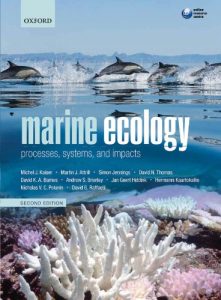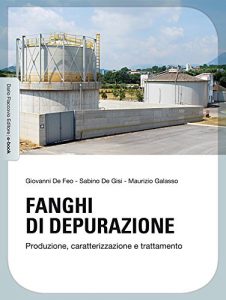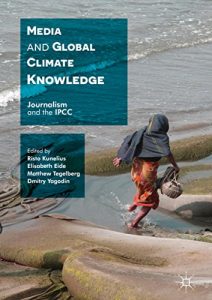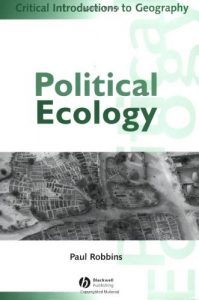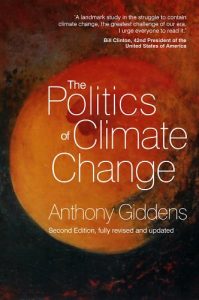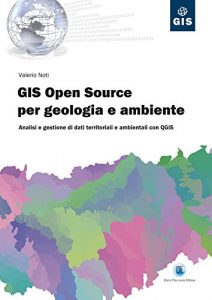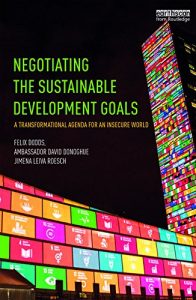I 99eBooks è una directory di eBook. Cerchiamo e classificato intorno alle eBooks Web per te!
Tutti i diritti riservati. I libri e libri elettronici sono di proprietà dei rispettivi proprietari.
Marine Ecology: Processes, Systems, and Impacts
The oceans cover the majority of the Earth's surface; they influence our climate and provide a valuable source of food to billions of people. Yet despite its fundamental impact on our lives, many aspects of the marine environment remain a mystery to us.
Marine Ecology: Processes, Systems, and Impacts offers a carefully balanced and stimulating survey of marine ecology, introducing the key processes and systems from which the marine environment is formed, and the issues and challenges which surround its future.
Opening with an overview of the processes and interactions which are central to an understanding of marine ecology, the book goes on to explore the diverse systems from which the marine environment is composed, from estuaries to seabeds, the deep sea to polar regions. The final section examines human activities that impact upon the marine environment - fisheries, aquaculture, pollution, and global warming - before considering measures that can be taken to mitigate their adverse effects on this
complex, fragile environment.
The importance of understanding and conserving the marine environment has never been more apparent. Marine Ecology: Processes, Systems, and Impacts is an essential resource for any student wishing to develop a well balanced, informed understanding of this fascinating subject.
· Striking full colour illustrations and photographs bring visual impact to the material presented
· Many detailed case studies enliven the text and add a further level of depth and insight
· Key concepts and issues are treated from a global perspective, using examples from around the world
Online Resource centre
The Online Resource Centre to accompany Marine Ecology: Processes, Systems, and Impacts features:
For students:
· Hyperlinked bibliography
· Links to useful websites
· Exam and essay writing advice
For lecturers:
· Journal Clubs
· Figures from the book, available to download
Marine Ecology: Processes, Systems, and Impacts offers a carefully balanced and stimulating survey of marine ecology, introducing the key processes and systems from which the marine environment is formed, and the issues and challenges which surround its future.
Opening with an overview of the processes and interactions which are central to an understanding of marine ecology, the book goes on to explore the diverse systems from which the marine environment is composed, from estuaries to seabeds, the deep sea to polar regions. The final section examines human activities that impact upon the marine environment - fisheries, aquaculture, pollution, and global warming - before considering measures that can be taken to mitigate their adverse effects on this
complex, fragile environment.
The importance of understanding and conserving the marine environment has never been more apparent. Marine Ecology: Processes, Systems, and Impacts is an essential resource for any student wishing to develop a well balanced, informed understanding of this fascinating subject.
· Striking full colour illustrations and photographs bring visual impact to the material presented
· Many detailed case studies enliven the text and add a further level of depth and insight
· Key concepts and issues are treated from a global perspective, using examples from around the world
Online Resource centre
The Online Resource Centre to accompany Marine Ecology: Processes, Systems, and Impacts features:
For students:
· Hyperlinked bibliography
· Links to useful websites
· Exam and essay writing advice
For lecturers:
· Journal Clubs
· Figures from the book, available to download
